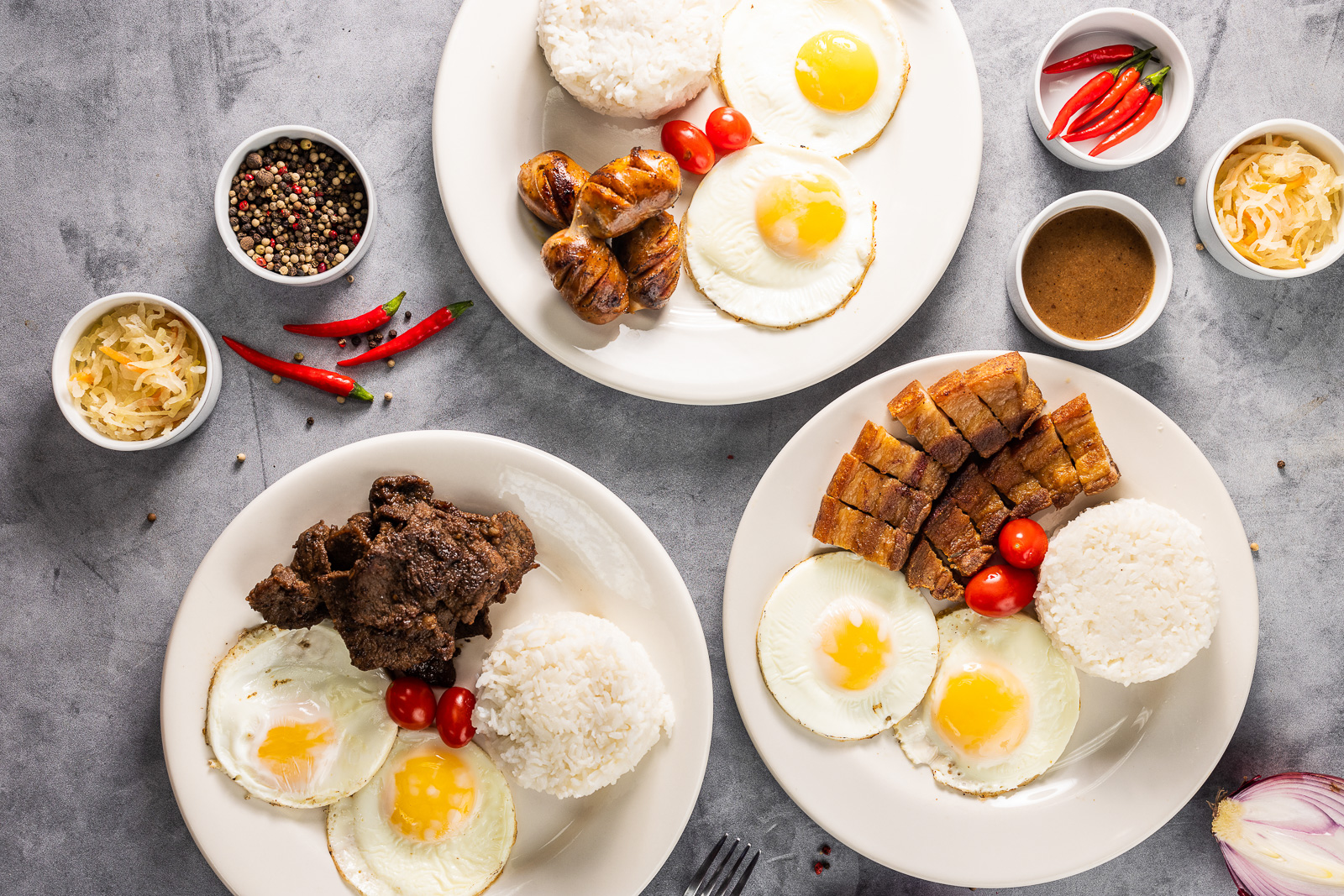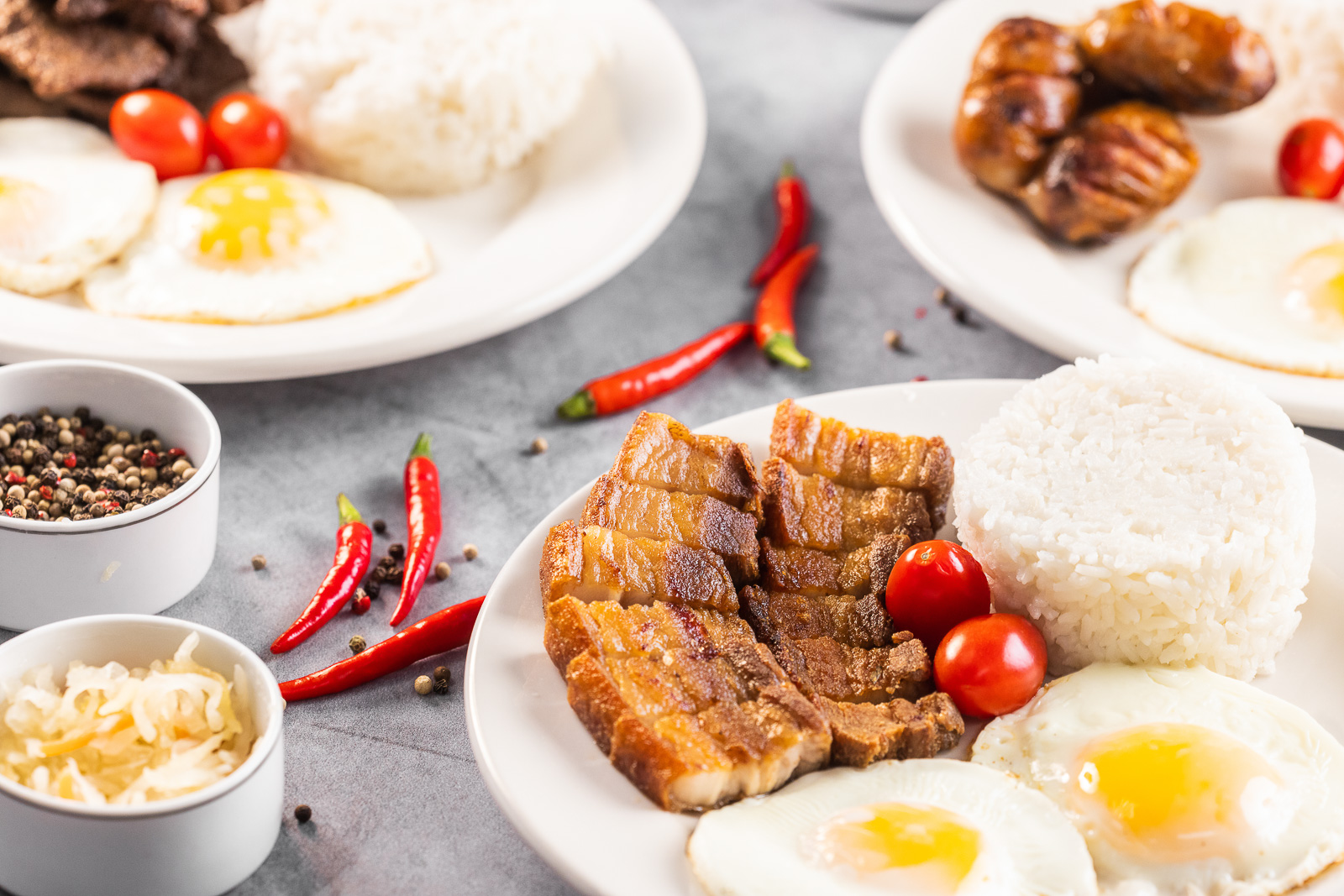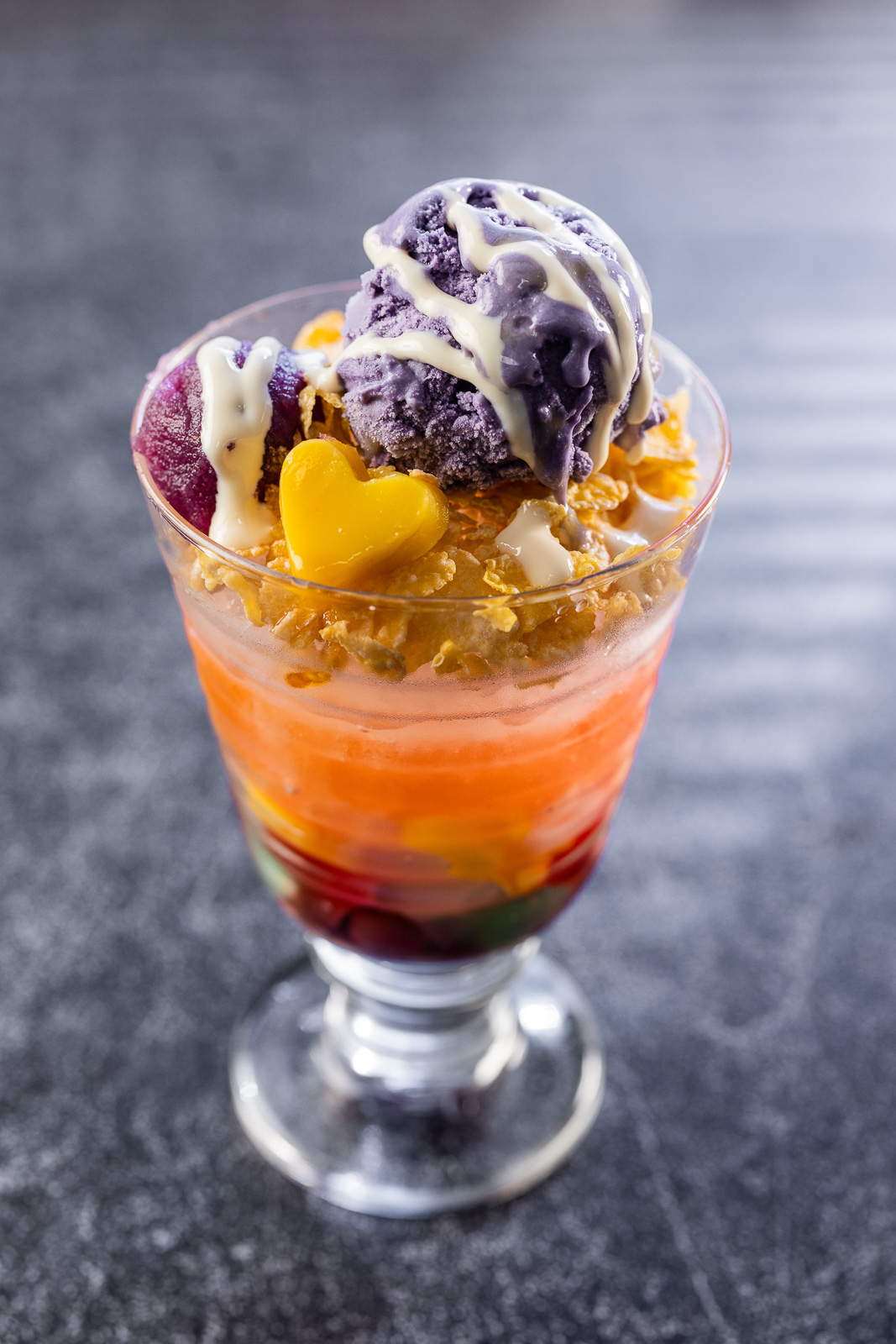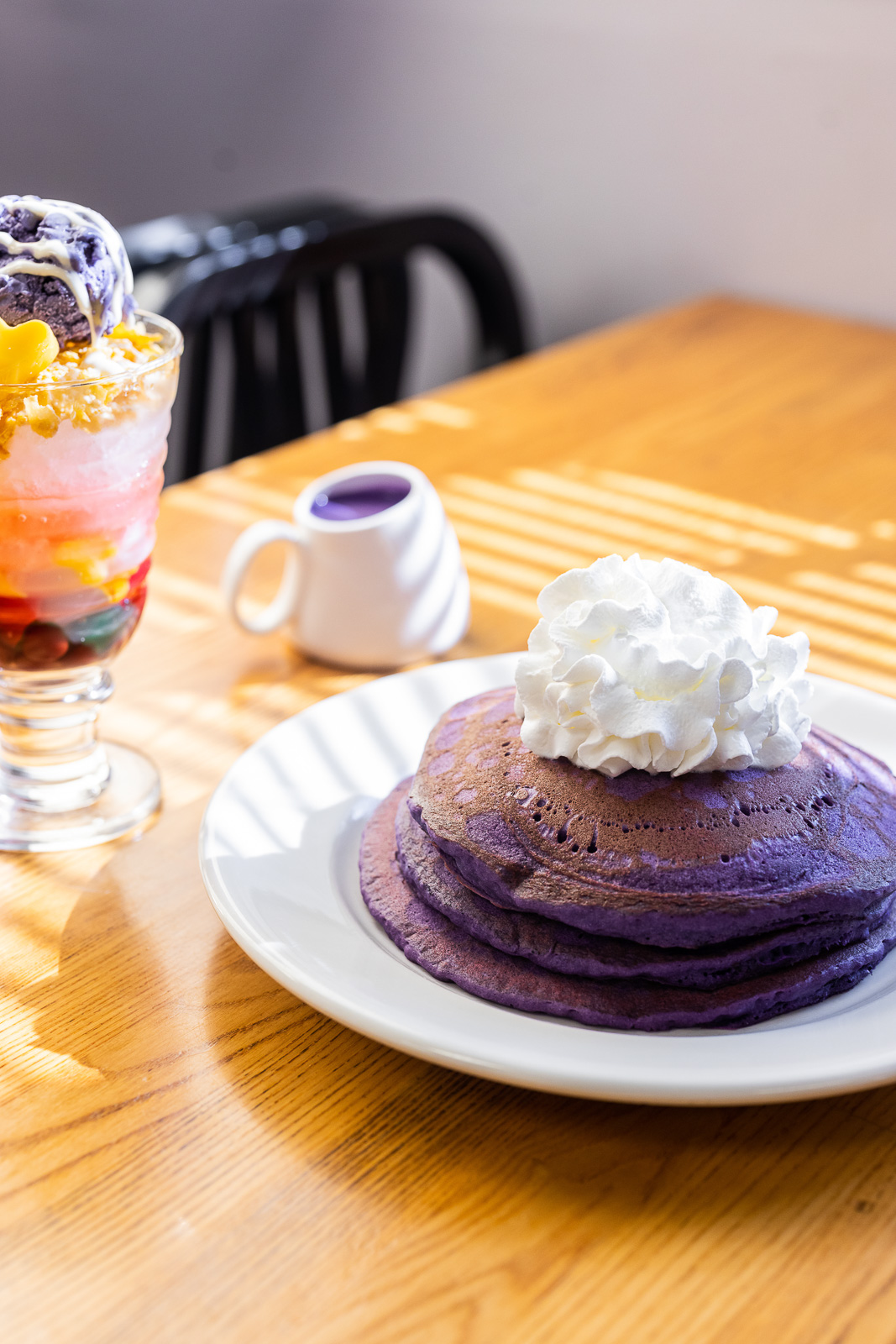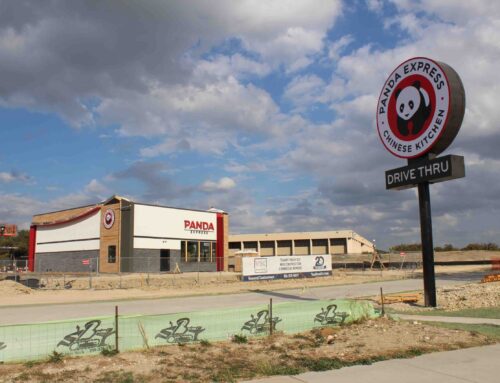Photography by Kathy Tran.
When they first arrived in Dallas, Candy Marie Ramos and her husband, Jay Gersan, noticed a distinct lack of Filipino cuisine within city limits.
“When we got here, we took for granted that we grew up with that food,” Ramos says.
The couple found a small deli space in an office building close to Dallas’ major hospitals and Texas Instruments’ North Campus, deciding to open Marie’s Kitchen in 2019. After opening as a sandwich-only shop for a week, Ramos and her husband decided to add familiar Filipino breakfast dishes to the menu, becoming an instant hit.
“A lot of people started coming for that, and we converted the people here in the building,” Ramos says.
Ramos and her husband hope to expose their native cuisine to those unfamiliar with it and help launch Filipino food to a similar level of popularity as other Asian varieties.
“We want to be part of the ‘what do you want to eat’ conversation, Chinese, Japanese, Korean or Filipino,” Ramos says.
But what is Filipino breakfast, or silog? Silog is garlic fried rice, an egg and a protein. At Marie’s Kitchen, silog choices include traditional Filipino proteins such as tapsilog (thinly sliced, marinated and cured steak), tocilog (marinated pork belly) and longsilog (a Filipino sausage similar to chorizo), among other options. For first-timers, the owners recommend the tapsilog.
Besides silog, Marie’s Kitchen also serves daily meals, which change weekly and are influenced by regional cuisines from the more than 7,000 islands that make up the Philippines. Examples include Dinuguan, a Filipino pork stew cooked in a rich broth with spices, and Humbà, a braised pork belly dish native to the Visayan Islands, Ramos’ home.
“We try to do cuisine from the different islands so people can experience it,” Ramos says.
One of the most eye-catching items on the menu is the ube pancakes. Ube is a purple yam native to the Philippines that gives the pancakes a distinctive dark-purple appearance and has a nutty, vanilla flavor.
“They say it looks like a lot, but it’s not overpowering. It’s a good combo,” Ramos says.
Without formal culinary training, Ramos learned to cook from her family in the Philippines. They own a small restaurant.
“My grandma is a good cook. She does all the curing of meats, and my mom learned from her, and I would just watch them,” Ramos says.
A true mom-and-pop with only two employees, Ramos cooks all of the food while Gersan runs front-of-house operations. The couple have two children, ages 18 and 16, who occasionally help out in the restaurant.
“We close early sometimes because we need to be with them. We do take time off because we are doing this for them,” Ramos says.
For Ramos, sticking to the basics and preparing Filipino cuisine in a time-honored tradition is a priority in all of her cooking.
“The way we do it, we try to not change the actual recipe. We want to do it in the traditional way,” Ramos says.
While Ramos wants to appeal to non-Filipino customers, she also hopes to change an internal narrative around their cuisine within parts of the Filipino community.
“We like to make them feel proud of our food, because some people aren’t proud of our food since they think it’s not fancy enough or not good enough,” Ramos says.
In immigrant communities, assimilation can be an uncomfortable reality, with some first- and second-generation Americans becoming disconnected from their cultural background. Ramos says that for Filipino-Americans who may not be familiar with Filipino cuisine, she sees Marie’s Kitchen as a source of reconnection and discovery.
“There’s a lot of Filipino-Americans who don’t really know Filipino cuisine,” Ramos says. “When they try our food, they’re like, ‘So this is how it’s supposed to be.’”
Marie’s Kitchen, 11910 Greenville Ave., 972.234.8383

